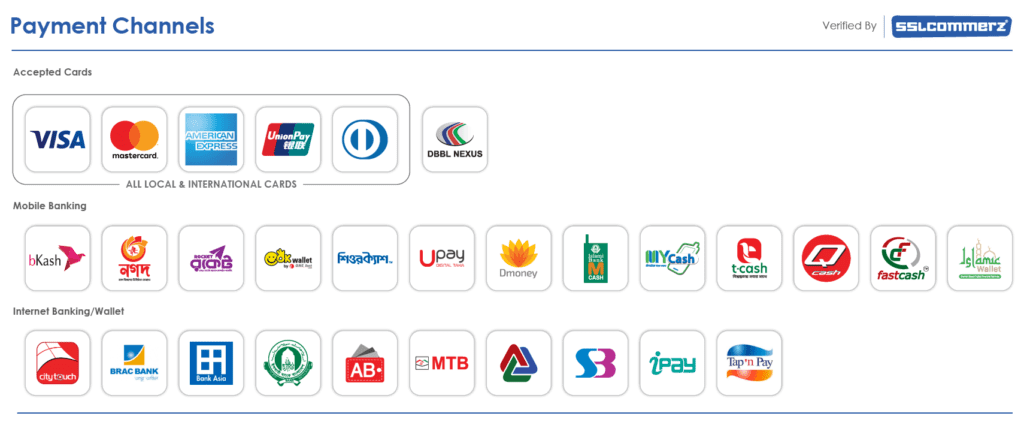BRAC IED’s Master of Education in Educational Leadership and School Improvement programme is designed to develop the skills and capacities of students as education leaders and managers of tomorrow. The programme works towards enhancing the capacity of individuals who are interested in working in the multifaceted field of education. We focus on developing leadership, management, analytical and problem-solving skills, introducing participants to the world of academia and research. The programme is led by a team of highly qualified faculty members comprising of researchers, curriculum developers, educationists and resource professionals of national and global repute.
Objectives of the programme
– to enhance the capacity to contribute to education by developing competencies in a variety of areas, including leadership and management, academics and research, pedagogical knowledge, and the context of education in Bangladesh and the global world.
– to critically analyze, reflect, and apply knowledge and skills in the practice from the viewpoint of leadership.
– to develop advanced skills in communication including presentation, facilitation, mentoring, coaching.
All students will enroll in the Postgraduate Diploma (PGD) course. Students meeting qualifying requirements will complete a thesis to receive M.Ed. degree. M.Ed. and PGD are offered as a joint program. After completing the core program of ten courses, students can choose to either complete M.Ed. or take the PGD. Ten core courses for 27 credits is a basic requirement for both M.Ed. and PGD students. For obtaining the M.Ed. degree, a participant has to undertake an additional 9 credits Master’s Thesis, thereby completing 36 credits in total. Bifurcation of students into M.Ed. and PGD groups will be based on the preference of the students. The table below further clarifies this.
| Course No. | Course Title | Credits | MEd | PGD |
|---|---|---|---|---|
| EDU 501 | Educational Theories and Practices: A critique | 2 | √ | √ |
| EDU 502 | Leading Improvements in Education: Ongoing Work in Bangladesh | 2 | √ | √ |
| EDU 503 | Creating Learning Organizations: Leadership, Planning and Management | 2 | √ | √ |
| EDU 504 | Research Methods 1: Reading Research and Writing Reports | 4 | √ | √ |
| EDU 505 | Principles of Curriculum and the Development of Learning Materials | 2 | √ | √ |
| EDU 506 | Leaders as Learners: Leading People in Educational Institutions | 3 | √ | √ |
| EDU 507 | Leaders as Learners: How Children and Adults Learn | 3 | √ | √ |
| EDU 508 | Educational Measurement and Evaluation | 3 | √ | √ |
| EDU 509 | Whole School Improvement Approach: How Can We Make It Work? | 3 | √ | √ |
| EDU 601 | Improving Outcomes in Bangladeshi Schools: A Case Study | 3 | × | √ |
| EDU 602 | Research Methods 2: Planning and Preparing Research | 3 | √ | √ |
| EDU 603 | Masters Thesis | 9 | √ | × |
| Total credits to be completed | 36 | 27 |
Continuous, formative assessment is one of the unique features of this programme. Different assessment tasks will be assigned to the students throughout the course rather than one exam at the end of each course. The main objective of assessments is to help students learn and improve their work or performance.
The Institute strongly prohibits plagiarism and has formal rules and mechanisms for dealing with such practices. Some of the tasks that will be used as teaching-learning activities, as well as for assessment and grading are: presentations, group work, case studies, class participation, open-book exams, assignments, role plays, journal writing, debates, report writing, and guided tasks.
Alternative assessments, including self and peer assessments, will also be used. The specific assessment tasks, assessment criteria, and the last date of submission will be declared by the course faculty at the beginning of the course. Grading will follow predetermined criteria that are transparent and agreed upon, and in line with BRAC University grading policy. The BRAC University grading structure is given below.
| Marks | Letter Grading | CGPA | Remarks |
|---|---|---|---|
| 97 – ≤ 100 | A+ | 4.0 | Excellent |
| 90 – < 97 | A | 4.0 | |
| 85 – <90 | A- | 3.7 | |
| 80 – <85 | B+ | 3.3 | |
| 75 – <80 | B | 3.0 | Good |
| 70 – <75 | B- | 2.7 | |
| 65 – <70 | C+ | 2.3 | |
| 60 – <65 | C | 2.0 | Fair |
| 57 – <60 | C- | 1.7 | |
| 55 – <57 | D+ | 1.3 | |
| 52 – <55 | D | 1.0 | Poor |
| 50 – <52 | D- | 0.7 | |
| <50 | F | 0.0 | Failure |
BracU’s customized full fledged moodle LMS
Online classes through enterprise subscription of Zoom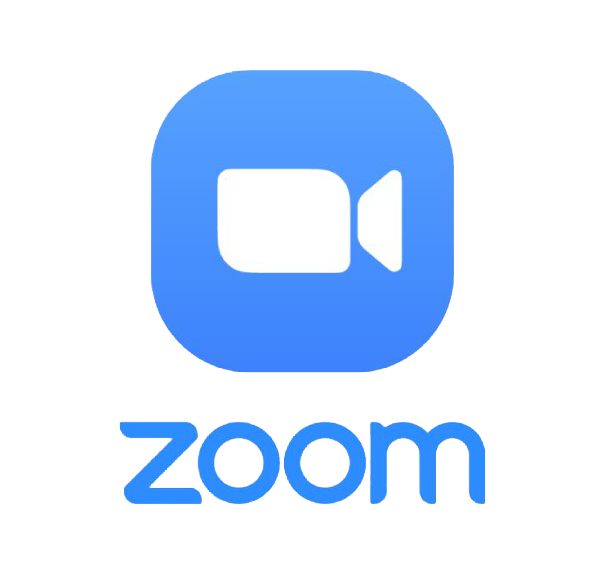
Student interaction through online tools such as Mentimeter, Socrative, Padlet, etc.

![]()
This course will introduce the participants to key theories and concepts in education and explore the underlying assumptions and key features of different educational approaches and practices. It will engage them in critical analysis of present educational practices in different contexts, from both a national and global perspective. There will be a focus on the relationship between education and development. Learning theories and theorists, formal and non-formal educational approaches, critiques of schooling, and contemporary issues in education will be other important focus areas of this course. Alternative theories and models of education and their applications in developing country contexts will be particularly explored.
This course will engage the participants in critical analysis of different policies and initiatives taken by the government and non-government actors to improve the quality of education in primary and secondary education in Bangladesh. It will support students to understand and apply different frameworks and tools for policy and context analysis and examine different quality improvement projects and programs.
In challenging times, educational organizations need to be flexible and innovative, able to adapt to meet the needs of students and community stakeholders. This course will enable participants to understand how to create effective organizational processes and improve performance by using appropriate leadership styles, communication, and innovative organizational change strategies. This course will enable educational leaders to be able to develop high levels of productivity and performance from the people they guide and build the capacity of their organizations to become learning organizations.
This is an introductory course on different research approaches such as qualitative, quantitative and mixed methods. Students will learn and practice different research designs, sampling, ethics, and methods and an analysis procedure for these different research approaches.
This course intends to develop the participants’ basic understanding of curriculum theories and models. Issues and debates in the field of curriculum and learning materials are also intended to be discussed with an aim to equip them with the necessary knowledge, skills, and attitude to be able to examine, explore and study curricular and pedagogic processes critically and ensure effective implementation of the curriculum with a fuller understanding of the nature, form and contents of the curriculum.
To sustain and improve educational systems, leaders are needed who can effectively manage schools and support the success of all learners. The course will help participants understand school management processes and develop skills for engaging teachers and community stakeholders productively in collective decision-making, mentoring, and progress monitoring.
This course will enable participants to develop an in-depth understanding of learning and engage with new ideas about what shapes children’s and adults’ learning and development. The course will encourage participants to compare different theoretical orientations on learning, explore their own understanding of how learning takes place, and apply theories and research to the enrichment of teaching, training and management practices.
This course will help the participants understand the role and process of educational measurement, assessment and evaluation, particularly in the context of educational leadership. It will focus on classroom assessment tools and techniques, including alternative assessment techniques, and how to use these techniques to improve learning. The course will help develop insights into the major educational assessment issues in Bangladesh and their potential solutions.
The course will explore various strategies, frameworks and models of educational reforms and school improvement over the past decades, in both the developed and the developing country contexts. This will be based on research and processes of school reforms, improvements and innovations to address key issues and problems faced by the education system in different contexts. Multiple sources of whole school improvement will be considered including those in both formal and non-formal school settings. Attention will also be given to the role of improvement science as a process for identifying improvement strategies. Understanding the major components and players of school improvement and how they influence each other, will help participants understand how best to bring about whole school improvement and enhance community engagement and trust.
The course will focus on the Bangladesh and international context. We will analyze the issues and challenges the education system is grappling with, the reforms and policy initiatives undertaken, and how whole school improvement can work effectively.
This course is for the PGD candidates and requires 10 days of placement in school rather than course attendance at seminars and lectures. Participants will do a systematic inquiry/observation at the school and prepare a case study, identifying good practice in school leadership and suggesting improvements at the school.
This course is designed to guide the participants to develop a research proposal for their M.Ed. thesis. The course aims to develop participants’ understanding and skills in planning and preparing research. During this course, students will be guided in the various steps or stages of developing their research proposal: identifying their research topic, formulating research questions, selecting appropriate methodology and developing a research plan.
The course will result in the development of a draft research proposal, which may later be reviewed and developed as the M.Ed. Thesis Proposal under the guidance of a Thesis Committee.
This will provide the participants the opportunity to conduct independent research and write a dissertation. As part of the requirements for the M.Ed. degree, the candidates will conduct research based on a research proposal and submit a written thesis.
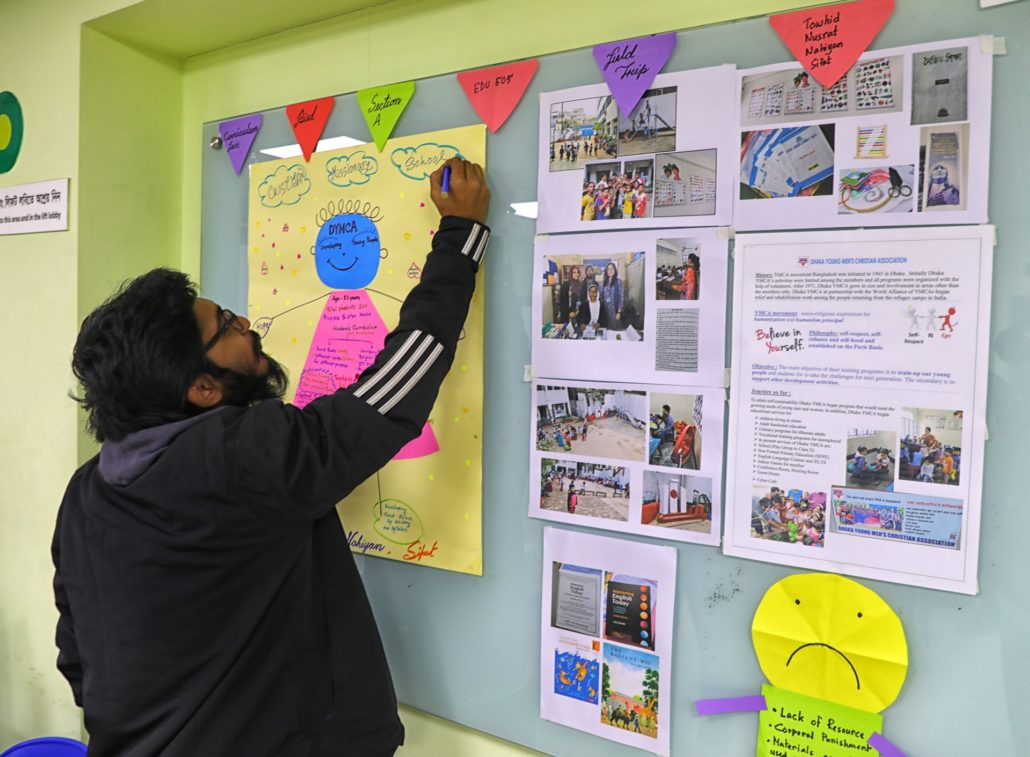
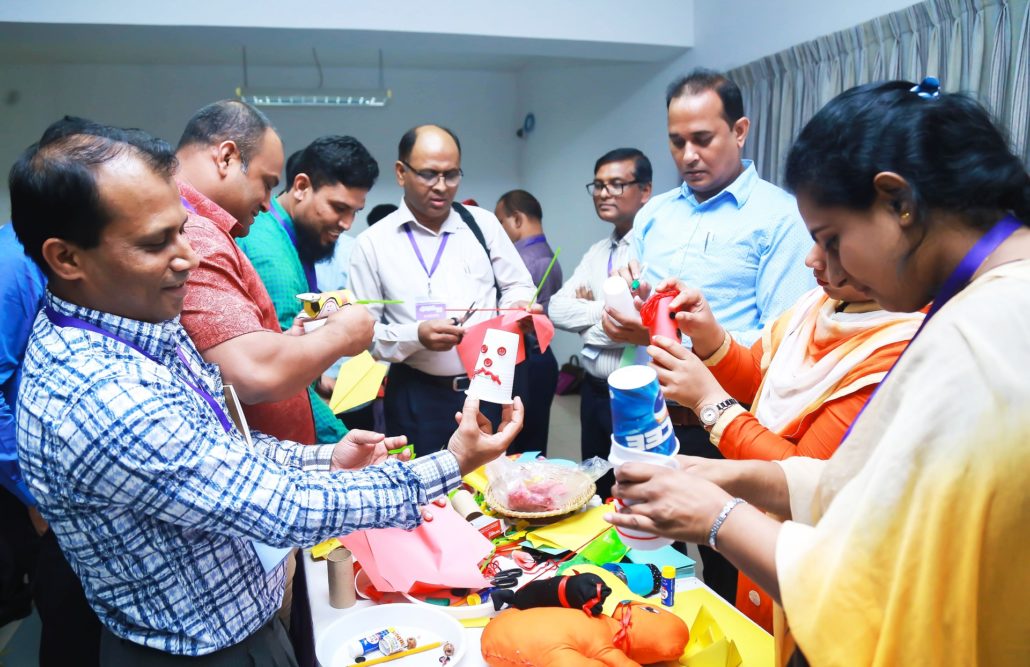
“Learning by doing” is at the core of the teaching-learning approach of the programme. A participatory and interactive approach will be taken to share, review and analyze the professional experiences and views of the participants based on the concepts and theoretical assumptions discussed. The overall approach will be learner-centered, and debate, discussion and dialogue will be the main pedagogical processes. A thoughtful combination of the following techniques will guide the overall teaching-learning process: Guided studies, group discussions, presentations, matrices, case studies, field trips, situational analyses, stakeholder analyses, brainstorming, role play, simulations, energizers/games, practitioners as resource persons, reflections, practice feedback, action plans, roundtable or panel discussions, debates, workshops, etc.
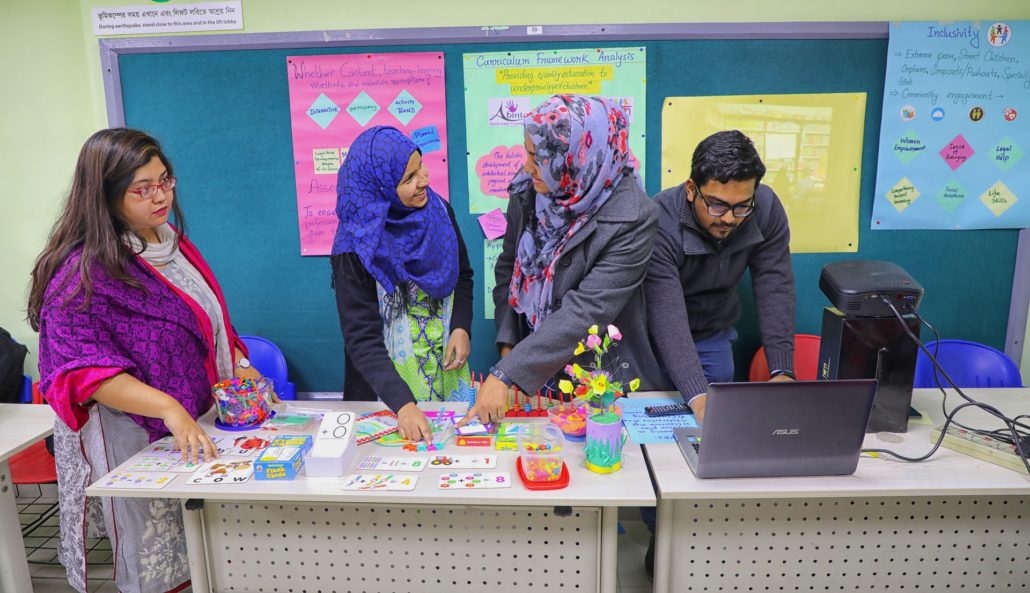
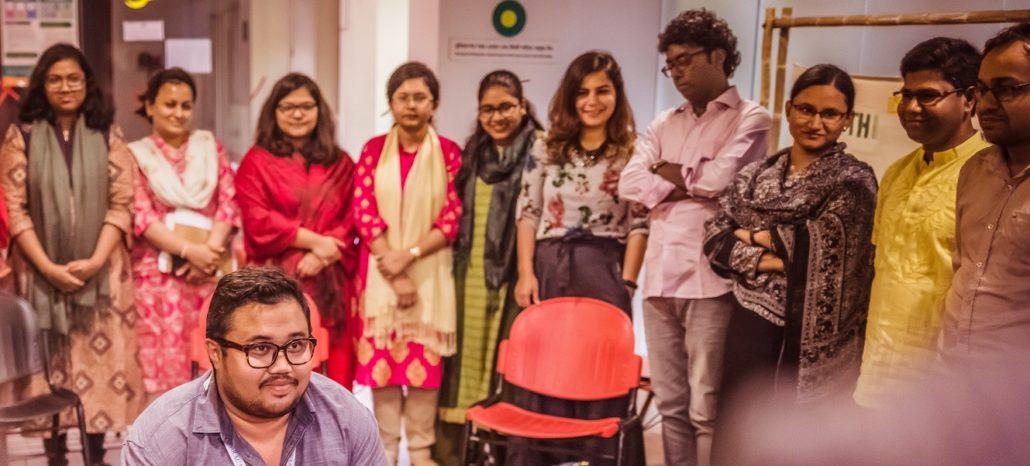
Anyone having an interest in working in the field of education and development should attend the program. From fresh graduates to experienced professionals who aspire to enrich themselves with advanced and specialized knowledge in education can enroll in the programme.
There is no written admission test for this programme. All the eligible candidates would need to face an interview in order to get selected in the programme.
| Program Modality | Duration | Tuition Fee (BDT) | Breakdown |
|---|---|---|---|
| M.Ed. | 24 months | 2,81,100 | Admission 27,500
Application form: 1,500 Degree processing 12,000 Per Credit 6,600 Library Membership 2,500 |
| 12 months | |||
| PGD | 18 Months | 2,21,700 |

Associate Professor
IOE – Education, Practice & Society
UCL Institute of Education

Senior Lecturer in Education and International Development, Moray House School of Education and Sport, IECS
University of Edinburgh
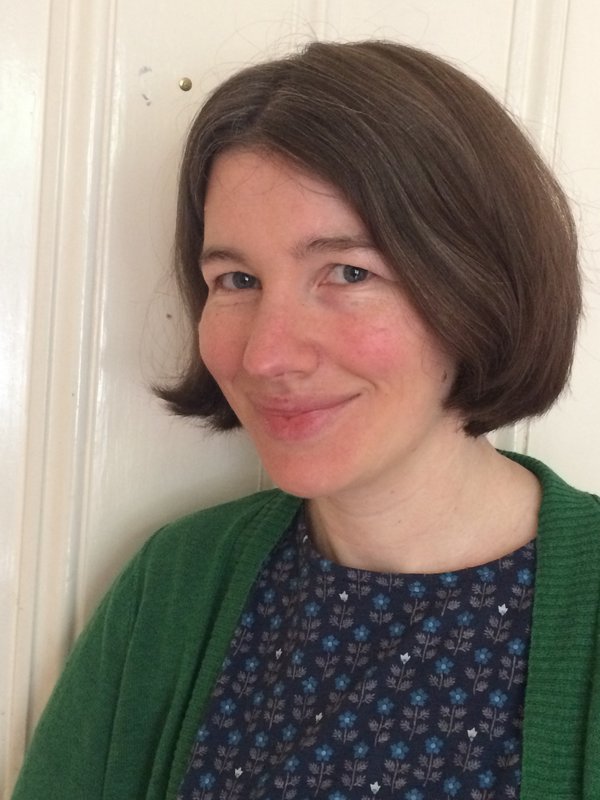
Associate Professor & Academic Head of Learning and Teaching (AHLT) at UCL Institute of Education
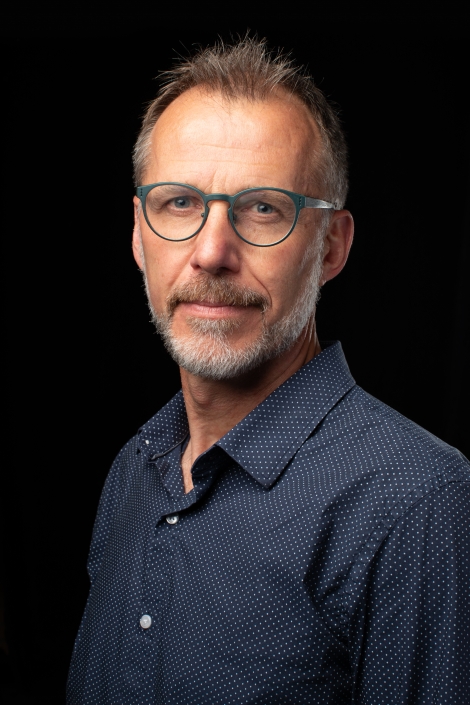
Director of the Doctoral Program in Educational Leadership at Appalachian State University’s Reich College of Education (RCOE).
The programme graduates will be qualified for a career within the field of education and development. They can choose to embark on their careers as academics, researchers, specialized professionals in government and non-government organizations, consultants, etc.
admissions@bracied.com
+8801713084299
(Sun-Thurs, 9am-6pm, excluding 1pm-2pm)
Jannat Ara
Senior Department Coordination Officer
jannat.ara@bracu.ac.bd
Ashik Rahman
Deputy manager, Academic Coordination
ashik.rahman@bracu.ac.bd
Contact
TERMS OF USE
